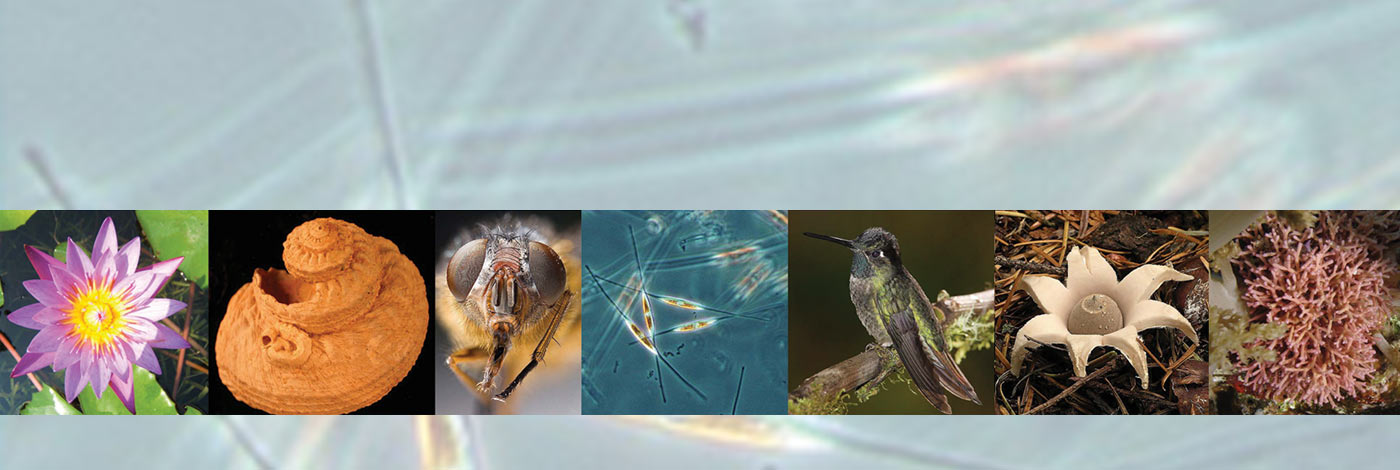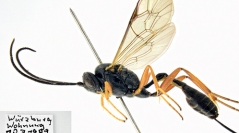

 European Journal of Taxonomy
740 (1) - Pages 1-35
European Journal of Taxonomy
740 (1) - Pages 1-35Despite their importance as potential biological control agents, species of the campoplegine genus Campoplex Gravenhorst, 1829 are hard to identify. Previous works provided short descriptions or poor illustrations of crucial characters, meaning it is often impossible to distinguish closely related species. We provide illustrations to identify species of the Campoplex difformis group and redescriptions of and illustrations for C. difformis (Gmelin, 1790), C. capitator Aubert, 1960, C. dubitator Horstmann, 1985, C. formosanae Horstmann, 2012, and C. unicingulatus (Schmiedeknecht, 1909). In addition, the taxonomic status of C. difformis is clarified; a lectotype is designated for C. capitator in Aubert’s collection in Lausanne and the host record for this species on Ancylis mitterbacheriana (Denis & Schiffermüller, 1775) is queried; Campoplex corsicator Aubert, 1960 stat. nov. is removed from synonymy with Campoplex tibialis (Szépligeti, 1916) and redescribed.
Biological control, Lobesia botrana, European grapevine moth, parasitoid-host relationship, cocoons; taxonomy